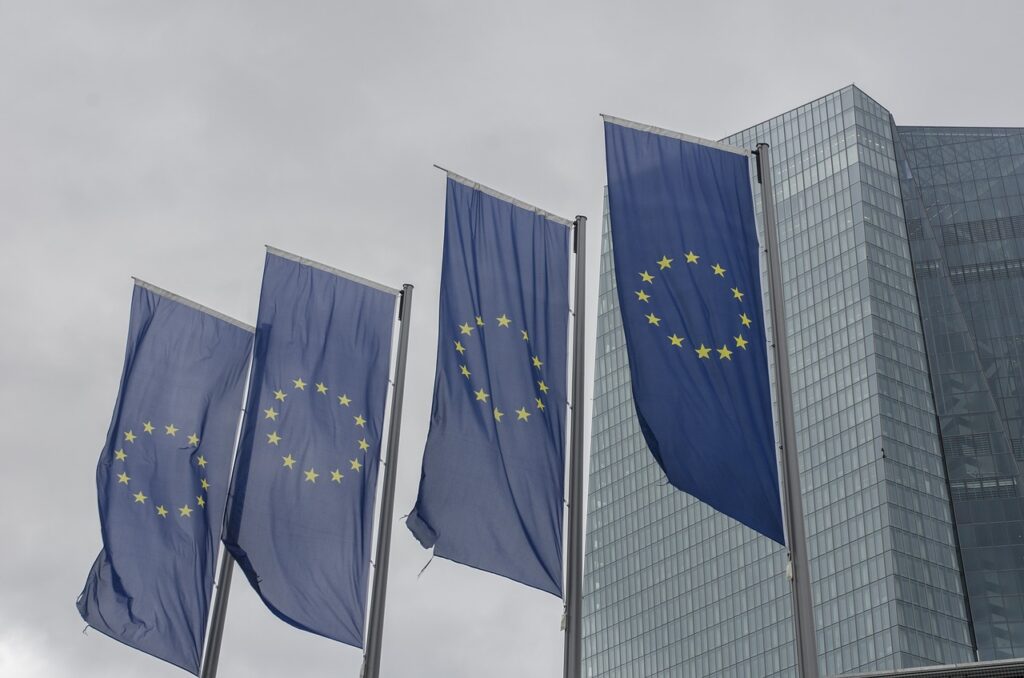Starting Sunday, 3 July, the new EU Market Abuse Regulation (MAR) is applicable in member states of the European Union. It brings significant changes to the existing Market Abuse regimes and if you haven’t done so yet, you should urgently make adjustments to your internal controls and procedures. Below is a summary of the key changes:
MAR extends the scope significantly in relation to both markets and financial instruments. While the old regime only covered EU regulated markets, MAR also governs Multilateral Trading Facilities (MTF) and Organised Trading Facilities (OTF) as well as certain related Over-The-Counter (OTC) traded instruments. Financial instruments like commodity and related derivatives contracts will now fall within the remit of the regime, too. As a result, the extra-territorial impact will be much wider and non-EU market participants risk being subject to the new regime even if the securities they are trading are primarily listed outside the EU if these securities are traded on a relevant EU venue as well.
Even though the definition of “Inside Information” has not changed much, its scope has been significantly widened. As a result, the obligations in respect of public disclosures have increased. While firms may gain some flexibility regarding delaying disclosures, it will come under increased scrutiny from regulators.
Disclosure obligations in relation to managers’ dealings (Persons Discharging Managerial Responsibilities or PDMR) will be extended, too, with the reporting requirement to dealings covering a wide range of financial instruments.
New market abuse offences have been added, i.e. the attempt of market manipulation, cancelling orders on the basis of acquired inside information and manipulating a benchmark in response to the LIBOR scandal. MAR also covers certain kinds of abusive conduct in relation to algorithmic and high frequency trading.
MAR introduces requirements that will have to be followed regarding market soundings. While these practice allows the disclosure of inside information to market participants, it has to follow a strict process and must be well documented.
Investment Recommendations will fall within a broader scope, lowering ownership thresholds as well as a new category of persons subject to the new regime.
Market Participants face additional obligations regarding the reporting of suspicious transactions and orders placed with them.
The new Market Abuse Regulation strengthens considerably the investigation and enforcement powers of regulatory authorities. It also binds member states to create efficient mechanisms that encourage the reporting of market abuse by whistleblowers.
Country specific guidance as well as implementing legislation in the respective is available through the websites of national regulators, e.g.:
For the dedicated websites of the European Commission and the European Securities and Markets Authority (ESMA), see here:
- European Commission
- ESMA
Regardless of the current turbulences in respect of the referendum of the UK to leave the European Union, MAR will be applicable across the EU member states, and regulators are not likely to go lightly on firms not having appropriate processes in place.
